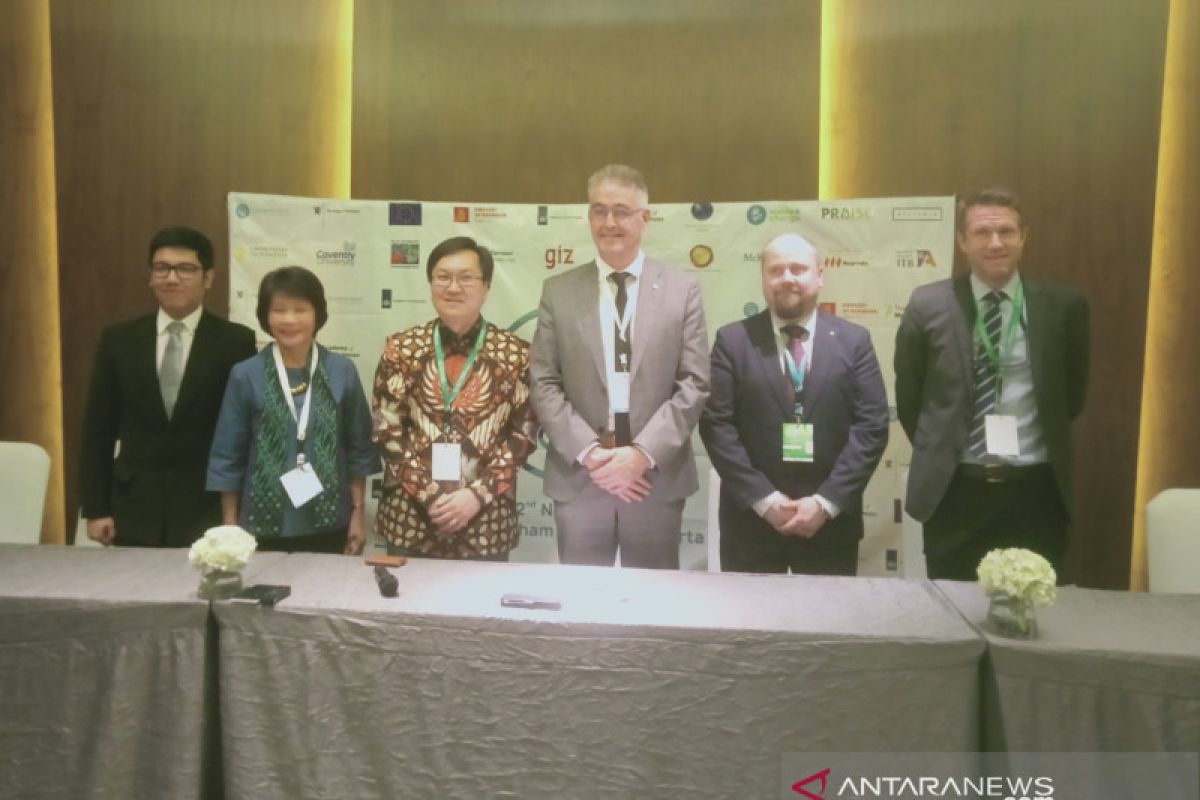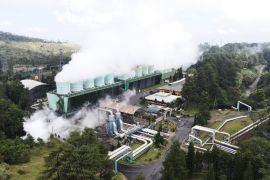We believe the concept of a circular economy is an answer that at the same time touches on social, economic, and environmental benefits in IndonesiaJakarta (ANTARA) - Indonesia has been seen to begin implementing the concept of circular economy that can proffer social, economic, and environmental benefits to the nation.
"We believe the concept of a circular economy is an answer that at the same time touches on social, economic, and environmental benefits in Indonesia," Secretary-General of the Packaging and Recycling Association for Indonesia Sustainable Environment (PRAISE) Mignone Maramis remarked at the press conference of the "3rd Indonesia Circular Economy Forum" (ICEF) in Jakarta, Monday.
To this end, he affirmed that Indonesia should divert its focus on those employed in the informal sector, such as scavengers, who can support implementation of the circular economy.
It is also suggested that Indonesia take a cue from different practices applied by developed countries.
"However, Indonesia yet requires to adjust to the context of the situation and its priorities; it still needs time. In Europe alone, several decades are needed. In Indonesia, waste management may have been underway though not optimally," Maramis stated.
Related news: Indonesia urges developing nations to not depend on advanced countries
Circular economy translates to optimal utilization of goods. The concept of a circular economy strives to maintain product value, so that it can be used repeatedly without producing waste, or zero waste, in three ways: recycle, reuse, and re-manufacture.
PRAISE, as an association of production and packaging companies comprising six members -- Coca Cola, Danone, Indofood, Nestle, Tetrapak, and Unilever -- has been implementing this concept by cooperating with several garbage banks, trash disposal sites, local governments, as well as ministries and institutions.
On the same occasion, Bert Keesman, a representative of the Dutch companies in Indonesia, stated that the Netherlands had outlined a target to achieve 70 percent of the implementation of the circular economy in 2030 and is expected to achieve 100 percent of its implementation in all fields by 2050.
"Currently, the Netherlands is able to recycle 80 percent of its waste, while 13 percent is yet in the process of incineration, and three percent of which we must admit is yet ending up in landfills. On the other hand, we are happy that increasingly more number of Dutch companies are moving towards the concept of circular economy," Keesman stated. Related news: Indonesia's external economic resilience is maintained: BI
Related news: Global crisis weighed heavy on Indonesia's economic growth: BI
EDITED BY INE
Translator: Zubi Mahrofi/Yashinta Difa Pra
Editor: Fardah Assegaf
Copyright © ANTARA 2019












